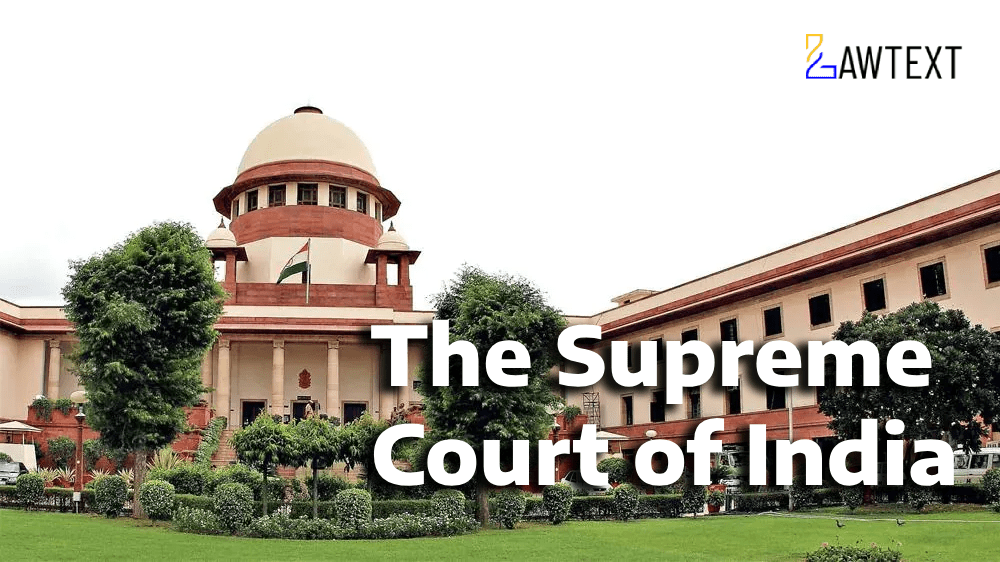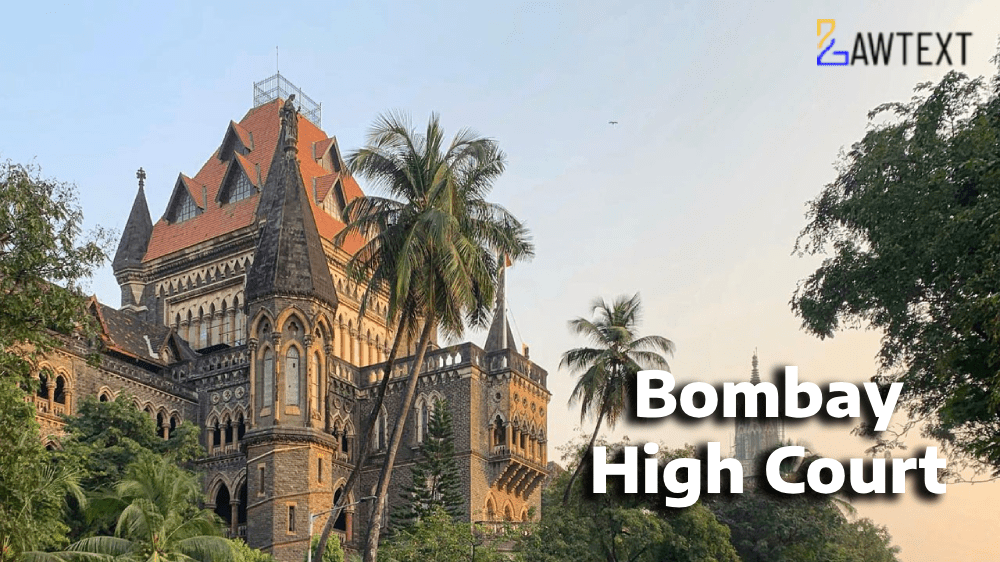Case Note & Summary
The Supreme Court of India discharged the appellant from charges under Section 306 IPC (abetment of suicide). The Court held that the allegations and evidence, even if taken at their highest, did not meet the legal threshold to constitute instigation or abetment as defined under Sections 107 and 306 IPC. The decision underscores the importance of proving mens rea and active involvement to sustain a charge under Section 306 IPC.
Key Issue: Whether the appellant's actions constituted abetment to suicide under Section 306 IPC. Decision: The charges against the appellant were quashed due to lack of intent or active instigation. Acts and Sections Discussed Indian Penal Code (IPC): Section 306: Abetment of Suicide Section 107: Definition of Abetment Criminal Procedure Code (CrPC): Section 174: Police to inquire and report on suicide cases Background of the Case (Para 3-5) Incident: Ranjeet Singh was found dead by suicide on October 11, 2022. A suicide note was recovered, alleging harassment by the appellant, Mahendra Awase, concerning a loan transaction involving another individual. Investigation: The inquest under Section 174 CrPC found a suicide note and mobile evidence implicating the appellant. A chargesheet was filed, framing charges under Section 306 IPC. Evidence (Para 6-7) Suicide Note: Ranjeet blamed the appellant for harassment related to a loan dispute. Audio Evidence: Forensic analysis of conversations revealed heated exchanges but no explicit instigation to commit suicide. Charges and Appeal (Para 8-9) The trial court framed charges under Section 306 IPC on February 28, 2023. The appellant's revision plea was dismissed by the High Court on July 25, 2023. Legal Analysis (Para 10-18) Requirement for Section 306 IPC: The Court analyzed precedents and reiterated that abetment requires intentional instigation or active facilitation of suicide, which was absent in this case. Mens Rea: Mere harassment or heated exchanges without the intent to provoke suicide do not meet the standard for abetment. Judgment (Para 19-21) Decision: The Court discharged the appellant, holding that his actions did not amount to abetment. Observation: The Court criticized the misuse of Section 306 IPC and urged caution in framing charges, emphasizing that emotional exchanges or routine demands for debt repayment do not constitute abetment. Ratio Decidendi: Threshold for Section 306 IPC: To convict under Section 306, there must be clear evidence of instigation or intentional facilitation of suicide. Mens Rea and Causation: The accused's actions must directly lead to the victim's suicide. Casual or routine interactions, even if heated, do not suffice. Judicial Caution: Courts and investigating agencies must scrutinize evidence to ensure charges under Section 306 IPC are not framed lightly. Subjects:Criminal Law – Abetment to Suicide – Threshold for Framing Charges under Section 306 IPC
#AbetmentToSuicide #SupremeCourtJudgment #Section306IPC #MensRea #JudicialCaution #IndianPenalCode #CriminalLaw #Justice
Issue of Consideration: MAHENDRA AWASE VERSUS THE STATE OF MADHYA PRADESH
Premium Content
The Issue of Consideration is only available to subscribed members.
Subscribe Now to access critical case issues







